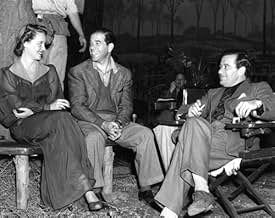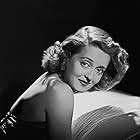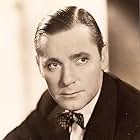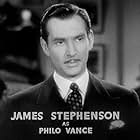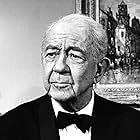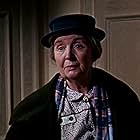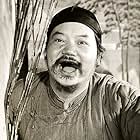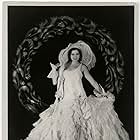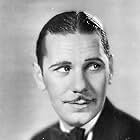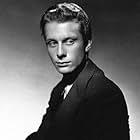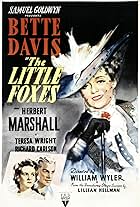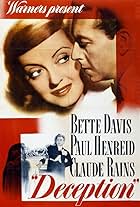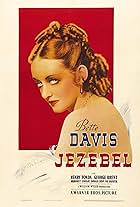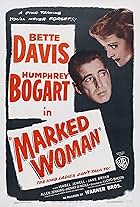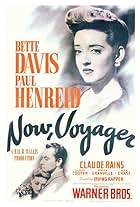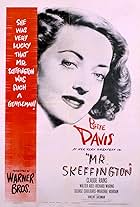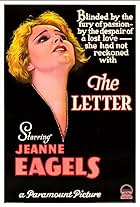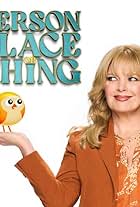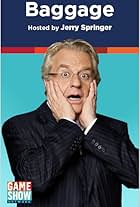The wife of a rubber plantation administrator shoots a man to death and claims it was self-defense, but a letter written in her own hand may prove her undoing.The wife of a rubber plantation administrator shoots a man to death and claims it was self-defense, but a letter written in her own hand may prove her undoing.The wife of a rubber plantation administrator shoots a man to death and claims it was self-defense, but a letter written in her own hand may prove her undoing.
- Nominated for 7 Oscars
- 1 win & 9 nominations total
Elizabeth Inglis
- Adele Ainsworth
- (as Elizabeth Earl)
Victor Sen Yung
- Ong Chi Seng
- (as Sen Yung)
Zita Baca
- Undetermined Role
- (uncredited)
Brooks Benedict
- Party Guest
- (uncredited)
William A. Boardway
- Trial Spectator
- (uncredited)
David Bruce
- Undetermined Role
- (uncredited)
James Carlisle
- Attorney
- (uncredited)
George Ford
- Party Guest
- (uncredited)
- Director
- Writers
- All cast & crew
- Production, box office & more at IMDbPro
Storyline
Did you know
- TriviaThe first scene that William Wyler filmed was the famous opening shot in which Leslie shoots Geoffrey Hammond. This sequence, which lasted two minutes on screen, took an entire day to film, and that was before even a single word of dialogue was spoken. The studio expected him to shoot at a rate of 3-4 script pages a day, but the opening shot reflected a mere paragraph on page one.
- GoofsThe motor vehicles throughout are all left-hand drive. In Singapore traffic drives on the left, and all vehicles there are right-hand drive.
- Alternate versionsAlso shown in computer colorized version.
- ConnectionsEdited into Who's Afraid of Virginia Woolf? (1966)
Featured review
In `The Letter' William Wyler takes a predictable plot and turns it into a brilliant film with the help of one of the grande dames of film. For hell hath no fury like Bette Davis with a revolver in her hand.
The film opens with Leslie Crosby (Bette Davis) emptying her revolver into a man on her front porch, shooting him twice after he hits the ground. She tells the police she was defending herself against his sexual assault. She seems to be headed for an easy acquittal until (surprise) an incriminating letter surfaces that suggests that she summoned the victim to her house with the clear intention of murdering him.
Can the evidence be suppressed? Will she be acquitted? Was she really in love with the victim? The answers to these questions are obvious to all but the most naïve viewer. Yet, despite the transparency of the plot, this film works for two reasons: Bette Davis and William Wyler.
Bette Davis is arguably among the best actresses of all time. She was originally signed by Universal Studios, who dropped her because she didn't have the looks to be a movie star. Still, Warner Brothers decided to take a chance on her in 1932, signing her to a seven-year contract that would produce two Oscars. She was nominated for best actress eleven times, winning twice (`Dangerous', 1936 and `Jezebel' 1939). She was nominated five straight years from 1939 to 1943. This performance was in the middle of that run. It is classic Bette Davis, utterly in command of every scene. Her portrayal of Leslie is superb, a duplicitous and cunning woman who could manipulate any man to do her bidding. It took another woman to humble her. This is Davis in her prime and it is awesome to see her at work. She could make a dog food commercial exciting to watch.
What Davis was to acting William Wyler was to directing. (The two shared more than a professional relationship, and it was widely rumored at that time that they were romantically involved.) Wyler was nominated for best director twelve times winning three (`Mrs. Miniver', 1942; `The Best Years of Our Lives', 1943; `Ben Hur', 1960). Like Davis, he was also nominated for this film. Wyler's camerawork here is fantastic. In black and white films, lighting is critical, because the director doesn't have the luxury of relying on color to dramatize the images. Aided by veteran cinematographer Tony Gaudio, Wyler's use of lighting and shadows in this film is brilliant. It could serve as a primer for dramatic black and white cinematography. Gaudio was also nominated for an Oscar for this film, one of his six nominations in a forty-year career.
This film was nominated for seven Academy Awards, including best picture, but it was shut out. Despite a predictable story, I rated it a 9/10 on the strength of the acting, directing and cinematography. It is an excellent opportunity to see Bette Davis during her glory years in one of her many outstanding performances.
The film opens with Leslie Crosby (Bette Davis) emptying her revolver into a man on her front porch, shooting him twice after he hits the ground. She tells the police she was defending herself against his sexual assault. She seems to be headed for an easy acquittal until (surprise) an incriminating letter surfaces that suggests that she summoned the victim to her house with the clear intention of murdering him.
Can the evidence be suppressed? Will she be acquitted? Was she really in love with the victim? The answers to these questions are obvious to all but the most naïve viewer. Yet, despite the transparency of the plot, this film works for two reasons: Bette Davis and William Wyler.
Bette Davis is arguably among the best actresses of all time. She was originally signed by Universal Studios, who dropped her because she didn't have the looks to be a movie star. Still, Warner Brothers decided to take a chance on her in 1932, signing her to a seven-year contract that would produce two Oscars. She was nominated for best actress eleven times, winning twice (`Dangerous', 1936 and `Jezebel' 1939). She was nominated five straight years from 1939 to 1943. This performance was in the middle of that run. It is classic Bette Davis, utterly in command of every scene. Her portrayal of Leslie is superb, a duplicitous and cunning woman who could manipulate any man to do her bidding. It took another woman to humble her. This is Davis in her prime and it is awesome to see her at work. She could make a dog food commercial exciting to watch.
What Davis was to acting William Wyler was to directing. (The two shared more than a professional relationship, and it was widely rumored at that time that they were romantically involved.) Wyler was nominated for best director twelve times winning three (`Mrs. Miniver', 1942; `The Best Years of Our Lives', 1943; `Ben Hur', 1960). Like Davis, he was also nominated for this film. Wyler's camerawork here is fantastic. In black and white films, lighting is critical, because the director doesn't have the luxury of relying on color to dramatize the images. Aided by veteran cinematographer Tony Gaudio, Wyler's use of lighting and shadows in this film is brilliant. It could serve as a primer for dramatic black and white cinematography. Gaudio was also nominated for an Oscar for this film, one of his six nominations in a forty-year career.
This film was nominated for seven Academy Awards, including best picture, but it was shut out. Despite a predictable story, I rated it a 9/10 on the strength of the acting, directing and cinematography. It is an excellent opportunity to see Bette Davis during her glory years in one of her many outstanding performances.
- FlickJunkie-2
- May 8, 2001
- Permalink
Details
Box office
- Gross worldwide
- $16,455
- Runtime1 hour 35 minutes
- Color
- Aspect ratio
- 1.37 : 1
Contribute to this page
Suggest an edit or add missing content







